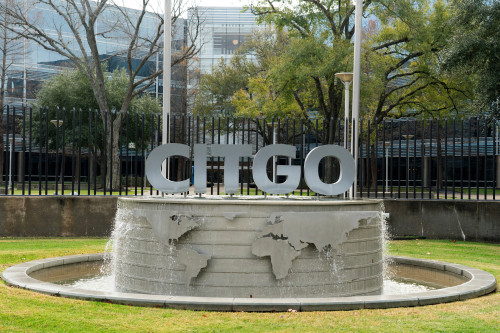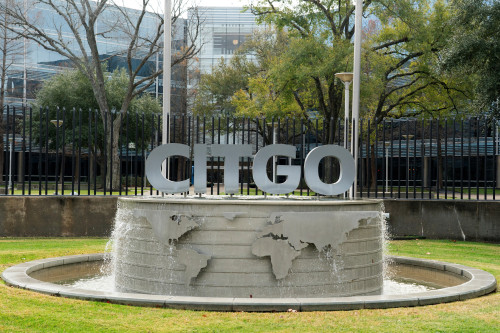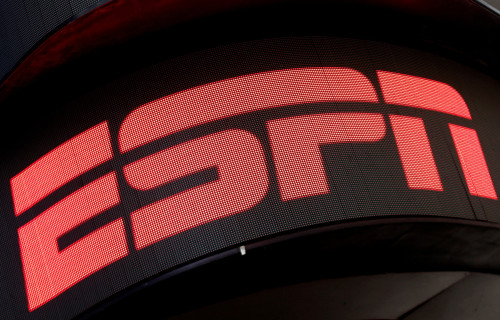By Hilary Russ
NEW YORK (Reuters) – Subway is seeking big new franchisees in the United States in a push to revamp its ownership model, but low restaurant profits and outdated stores are making it a tough sell for the global sandwich chain.
Several multi-unit operators – the more sophisticated, financially sound franchisees that Subway desires – examined the possibility of entering the chain’s system by buying swaths of restaurants but walked away after seeing how little money they made, according to two of their advisers.
Lawyer Justin Klein and consultant John Gordon said their clients were deterred by low margins and the prospect of making necessary renovations.
Subway, which has closed thousands of U.S. locations since 2016, said a year ago that it wants to shift away from its current base of small franchisees that own just one or two shops, which tend to be family-run and sometimes barely scrape by.
In April, the company hosted its first-ever meeting day for multi-unit owners, bringing to Miami more than 15 such franchisees who were actively evaluating ways to grow.
That month, it announced five new agreements with multi-unit operators to condense and transfer more than 230 existing restaurants. Only two of those agreements involved new owners buying in to the chain for the first time.
“There is strong interest in growth opportunities with Subway from multi-unit operators,” Subway said in a statement to Reuters for this story. “All five multi-unit owner agreements were significant investments that demonstrate the confidence that both existing and new operators have in our brand and future.”
Even so, some large operators are concerned about Subway’s store-level margins, said one source with knowledge of the chain’s unit economics and the criteria used by big multi-unit franchisees looking to expand, who did not want to speak on the record because the information is confidential.
Subway has not revealed the average annual sales volume for its U.S. restaurants, but industry experts and insiders put the figure at less than $500,000, which would make it one of the lowest in the industry.
Rival sandwich shops Jersey Mike’s and Firehouse Subs generate more than $1.1 million and $900,000 respectively, according to QSR Magazine. Firehouse Subs is owned by Restaurant Brands International Inc.
Subway told Reuters that in May, it “achieved its highest weekly average unit volume in the U.S. since 2010,” but declined to disclose the dollar amount.
UNATTRACTIVE
In Subway’s booth at the International Franchise Expo in New York on Friday, its green, yellow and white flyers touted the brand’s more than 12% comparable sales growth and laid out qualities it wants in multi-unit operators: strong leadership, shared values and a net worth of at least $150,000 per location.
But the attraction may not be mutual.
Klein, the franchise attorney, said that since 2022, his firm examined three multi-unit Subway deals on behalf of clients interested in investing in the chain for the first time. All three walked away, even as the firm did “a very healthy amount of restaurant M&A,” he said.
Reasons included uncertainty over what will happen if the company is sold to private equity firms, which could value it at $10 billion, some stores that hold little value and others that need new equipment and remodeling.
“We couldn’t close any Subway deal. We’d love to, though,” Klein said. “Subway’s a solid brand, and for the right investor it’s a great opportunity.”
Consultant Gordon spoke with a fast-food operator about an offer to run all the Subway locations in Nevada and New Mexico. The operator ultimately declined because the profit was slim and he would have had to fix up the stores, many of which are outdated, Gordon said.
Of the 100 largest multi-unit U.S. restaurant franchisees by revenue in 2022, none had a Subway in their portfolio, according to a ranking by Franchise Times magazine. Instead, top franchisees owned hundreds of Wendy’s, Yum Brands’ Pizza Hut and Taco Bell, Restaurant Brands’ Burger King, Dine Brands’ Applebee’s and other chains.
“When we see more of those operators entering (Subway) for the first time, to me that’s a signal that the brand is on a different path,” said consultant Alicia Miller, managing director of advisory firm Catalyst Insight Group.
(Reporting by Hilary Russ in New York; Editing by Matthew Lewis)





